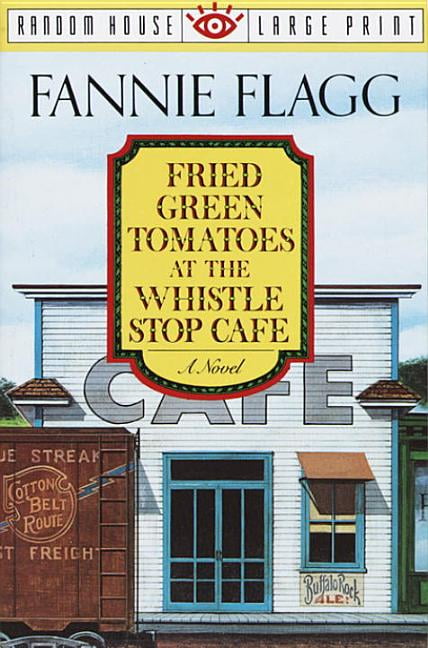
This trait becomes particularly evident during the “bee charmer” sceneĪt the same time, the South is stereotypically a dangerous place to live and represents a threat. The landscape is romanticized and becomes a welcoming and loving place to be. They seem to be shielded from any sort of discrimination and damage (until the death of Ruth) and they are welcomed and loved by the community The South represents a safe place when it comes to Idgie and Ruth. She does not care what people think of her

She rescues Ruth from her abusive husband Invisibility "I am invisible because you refuse to see me" Others as a love relationship between two women Strategic ambiguity leaves the viewer to decide whether their relationship is a pure friendship or something more.Īudience interpretation on Idgie & Ruth's relationship Lesbian& Gay have always been represented through strategic ambiguity in Hollywood

THE AMBIGUITY OF RUTH AND IGGI RELATIONSHIP Publication: August 1987, Random House, U.S. Lorem ipsum dolor sit amet, consectetuer adipiscing elit, sed diam nonummy nibh euismod tincidunt ut laoreet dolore magna aliquam erat volutpat.

My analysis shows that the culinary space of the café or diner contains traditionally feminine elements through its association with food and cooking as well as traditionally masculine elements through its presence in the public sphere.FRIED GREEN TOMATOES AT THE WHISTLE STOP CAFEįannie Flagg's novel and Jon Avnet's film adaptation

Through a comparison of the two, I also show the ways in which gendered power dynamics have changed over time: while the Whistle Stop Café provides a refuge from male violence, Luke's Diner functions as a space in which women can exert their own agency through speech, thus keeping the threat of male violence at bay. I argue that the two cafes are similar in that both offer up a utopian space where women can be themselves, enact their desires and speak their minds without fear of judgement or violence. This paper compares the Whistle Stop Café in Fanny Flagg’s 1987 novel Fried Green Tomatoes at the Whistle Stop Café to Luke’s Diner in the pilot episode of the TV show Gilmore Girls (2000). Space, utopia, gilmore girls, fannie flagg, culinary, gender, power, agency Abstract Graduate Student in the Research MA Literary Studies, University of Amsterdam


 0 kommentar(er)
0 kommentar(er)
